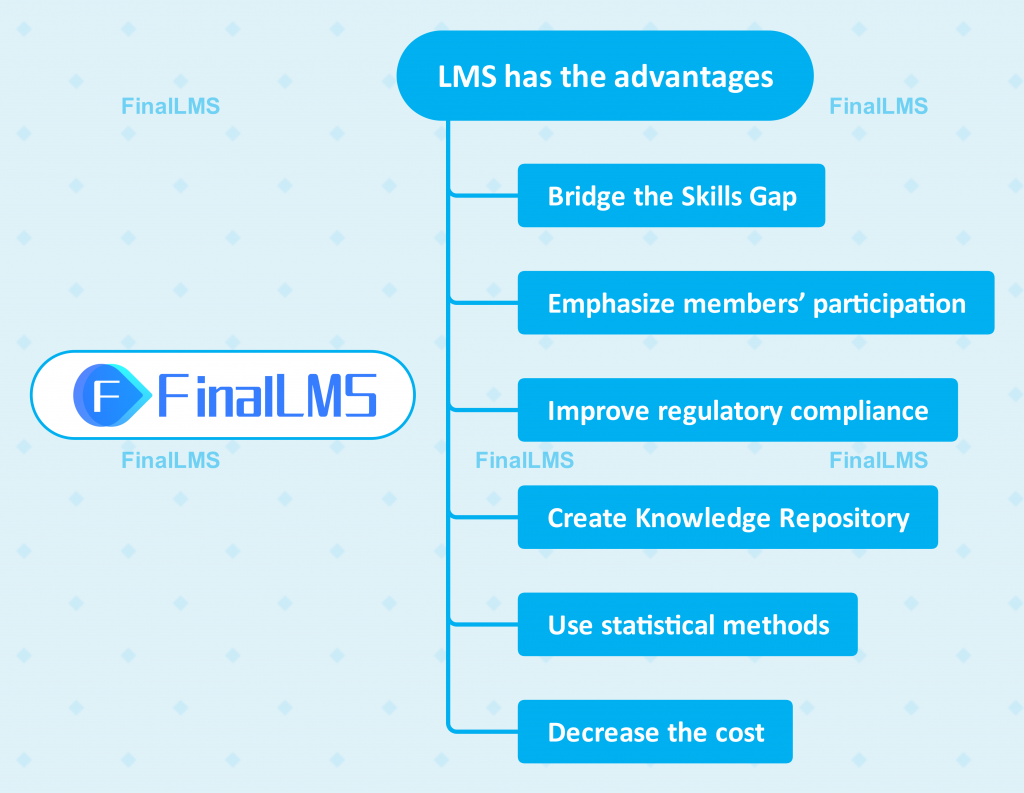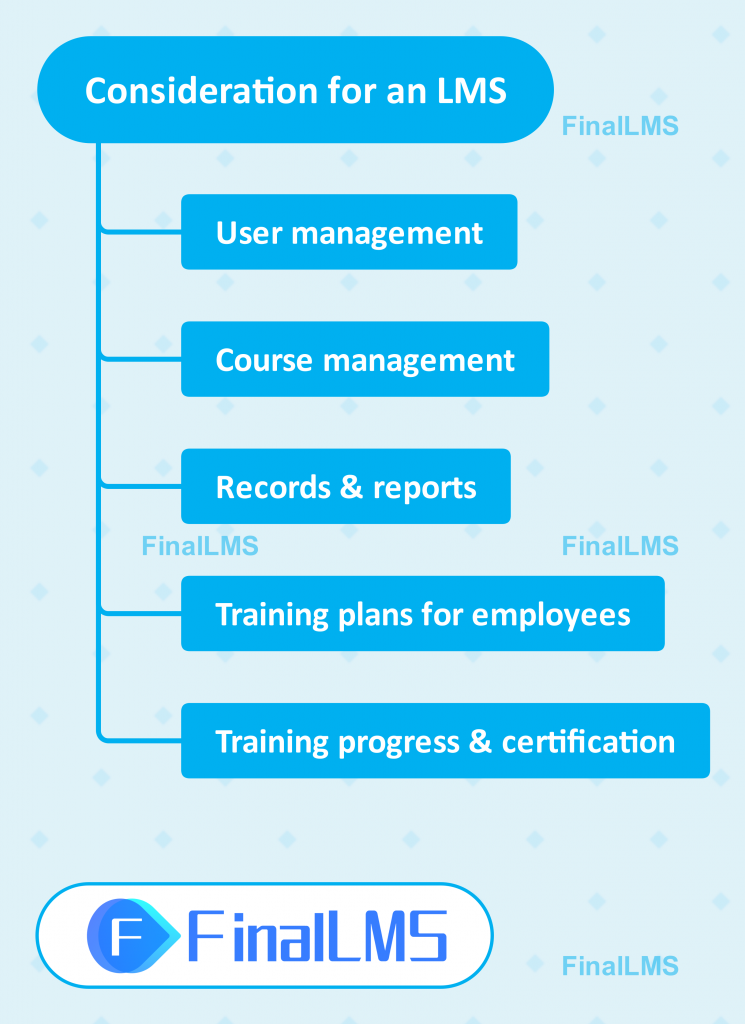Many start-up entrepreneurs are looking for an effective learning and teaching solution. Not only does it improve your efficiency in workplace, but also does it increase enterprises’ bottom line. Profit organizations’ managers always relied on traditional training offline which costs a fortune, but recently, they have been thinking about dipping their toes into Learning Management System, which is an online learning platform.
In this post, we gleaned from customers’ first-hand experiences to corporate employees, employers and content delivers.
Learning Management System has the following advantages:

1. Bridge the Skills Gap
Skills gap is increasingly expanding because enterprises provide a lot of demanding jobs to employees. Accordingly, they need effective training to keep competitive advantages after getting off work. It is an ideal situation that employees can learn course anytime at anywhere. LMS offers the online learning process and interactive participation.
2. Emphasize members’ participation
An outstanding LMS can attract employees to engage with the online content because it will lead to low turnover rates, high time-to-productivity and amicable competition. Let’s illustrate some elements such as points, certificate, badges, and top spot.
3. Improve regulatory compliance
The enterprises will provide their employees with training in regulatory compliance courses. This is because employees who are aware of the need for safety standards are more likely to complete projects on time and to the required standard, which in turn ensures the smooth and productive output of the business.
4. Create Knowledge Repository
LMS provides a virtual platform that will enable employees to share their expertise in the training process.
5. Use statistical methods
The Learning Management System (LMS) provides trainees with a digital platform to track their course progress and test scores.
6. Decrease the cost
The utilization of online training courses and examinations allows exam organizers to avoid the costs associated with physical space.
Related: 7 Advantages of Learning Management System
Crucial consideration for an LMS:

User management
Create an internal knowledge repository of users where they can give their valuable insights and other colleagues can get practical information.
Users can be learners, trainers, training managers, and administrators.
Course management
Create a repository of courses, upload online courses and other digital resources that can be accessed by learners.
You can upload the learning materials: a PDF file, a Word or Excel file, and engaging videos.
Records & reports
Track records of learners’ details, score sheets, grade reports, issue certificates, which is stored in Cloud, and generate a wide variety of custom reports.
Training plans for employees
Develop training plans for each employee based on their position in corporation and send notifications and reminders.
Training progress & certification
An LMS can monitor the progress of every individual learner and has the ability to issue certificates, which can be used to meet compliance requirements.
Learners must put digital signature to confirm that a human, not a robot, completed the course. This process assists the manager in monitoring learner attendance via FinalLMS.
If this post is helpful to you, please consider sharing it with your friends or colleagues. Your support motivates me to create more high-quality content.
